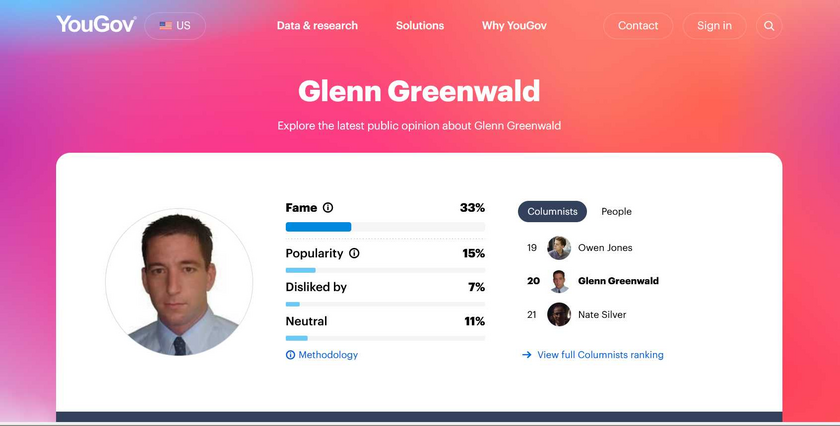Watch the full episode here:

Good evening. It's Thursday, January 18.
Tonight: After Vivek Ramaswamy dropped out of the presidential race this week, one of the first things he did was endorse former President Donald Trump. Ramaswamy appeared at an event with Trump in New Hampshire to announce that endorsement. When he went on Fox News, the host, Jesse Watters, asked him what he had discussed with the former president before the speech. Ramaswamy said he focused entirely on policy discussions and named two policies in particular that he urged Trump to adopt. One was a day-one pardon of Julian Assange and the other was opposition to a centralized government digital currency bank that would allow the state to control and monitor all sorts of digital dollars the way it does with other monetary transactions. After Vivek spoke at the event and endorsed Trump, Trump appeared and one of the first things he said was this: “As your president, I will never allow the creation of a central bank digital currency,” casting it as a way to oppose what he called tyranny.
Given that this issue has now been elevated to a presidential vow, we thought it was important to dig into its implications and why it matters. To do that, we will speak with Saifedean Ammous who was a long-time professor of economics at the Lebanese American University and is the author of the book “The Bitcoin Standard The Decentralized Alternative to Central Banking.” We spoke with him just a few minutes ago. I think I find that interview very illuminating of this issue that Trump briefly raised but that certainly we'll see some more attention as the campaign progresses, at least we hope it will.
Then: Joe Biden last week ordered that various targets in Yemen be bombed as retaliation for the attacks on various commercial ships in the Red Sea by the Houthis, the militia that runs Yemen. The attacks by the Houthis, in turn, were motivated by their desire to punish the countries responsible for the destruction of Gaza and the death of 25,000 civilians, particularly the United States and Israel. While the Yemeni attacks did not kill anyone, they have caused some commercial disruption. That meant that many Americans, including many conservatives, applauded Biden's decision to bomb that country.
One of the primary problems with that decision by Biden, as we documented last week, is that it was undertaken without any congressional debate, let alone any authorization, as we illustrated the president's absence of an emergency, clearly not present here, do not have the power to start new wars without first obtaining the authorization of the American people through their elected officials and representatives in Congress. There are very good and important reasons for that, including the fact that such wars are often implemented with no clear plan, no defined mission, and no metric for success. Often this leads to the kind of meandering, endless, aimless wars that the U.S. has found itself in so many times over the past several decades.
As was predictable since that initial bombing of Yemen, the United States has bombed Yemen at least three additional times, including yesterday. The Biden administration has still not bothered to explain its rationale or its objectives to Congress, let alone seek or obtain its approval. When asked today about all of this, Joe Biden gave an answer that could not have more perfectly illustrated why these kinds of bombing campaigns with no public debate or authorization are so dangerous. He said, among other things, the bombing is not yet working, but he vowed that it will continue. There will be more bombing of Yemen and we will show all of this to you.
Finally, the husband of Vice President Kamala Harris is Doug Emhoff. He made an appearance yesterday at the ongoing conference of Global Elites in Davos and while at Davos, he used his time to speak of the grave plight of American Jews, a group, he said, that faces extreme hardship and deprivation in the United States. He also lamented the fact that at the time when American Jews felt most alone and unsafe and vulnerable, namely after the October 7 attack on the other side of the world, in Israel, far too many Americans, he said, proved that they were no friends of the Jews, meaning that too many Americans failed to stand and support Israel in its war against Gaza and failed to support the decision of the United States government to finance Israel's war and to provide the weapons for it. It has been genuinely fascinating to watch over the last four months as the same minority group victimhood narrative that so often provokes cynicism and scorn when invoked by other groups, has now been repeatedly marshaled in favor of this one group. We'll examine the comments of the second gentleman in Davos and what they mean.
For now, welcome to a new episode of System Update, starting right now.

























